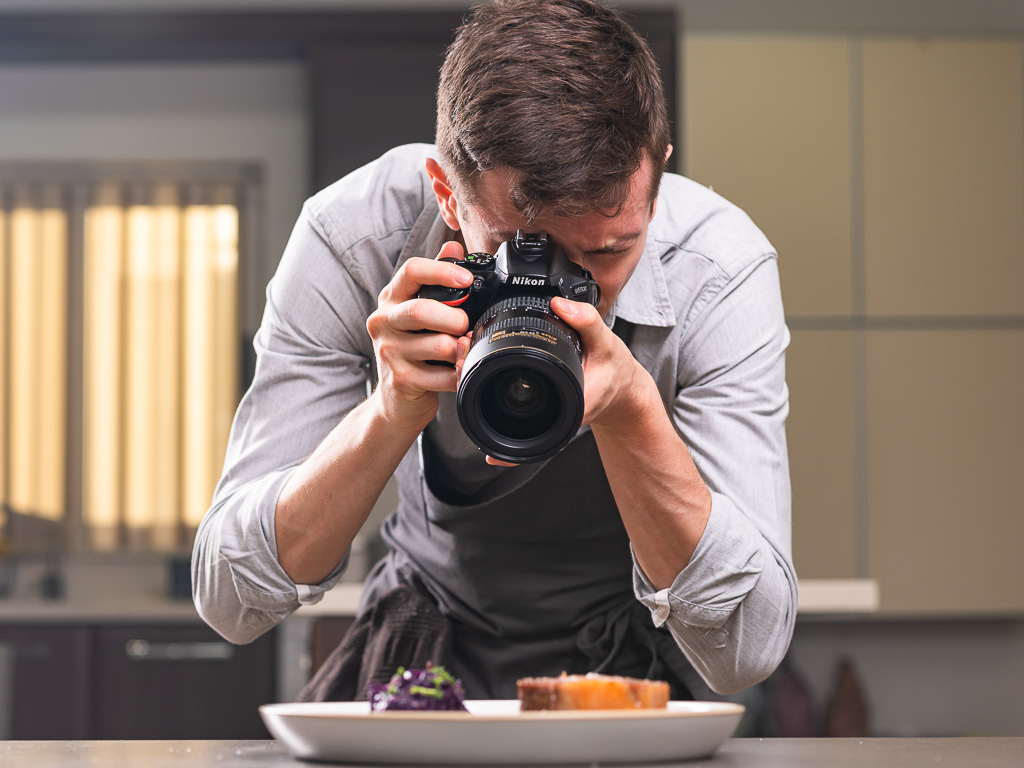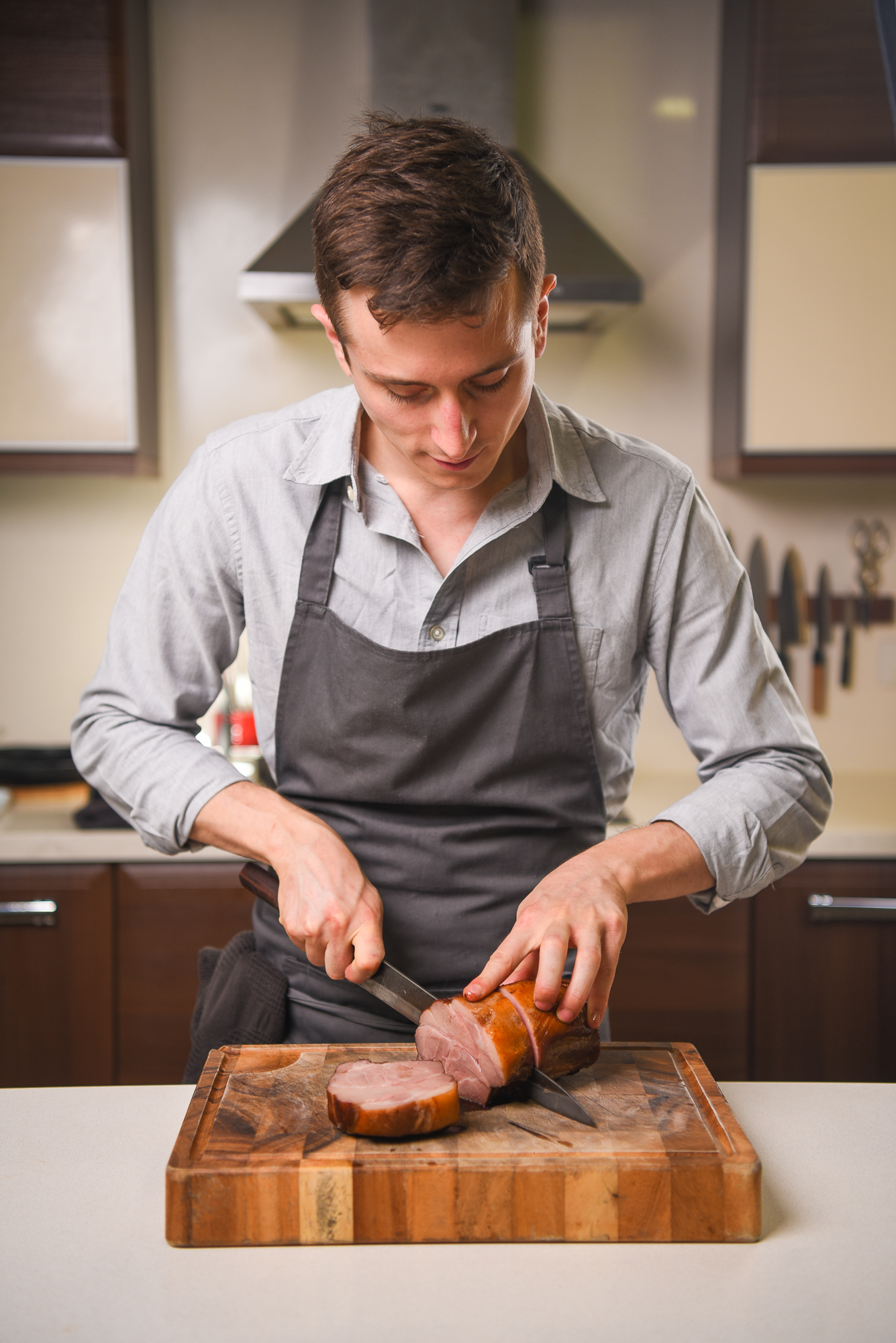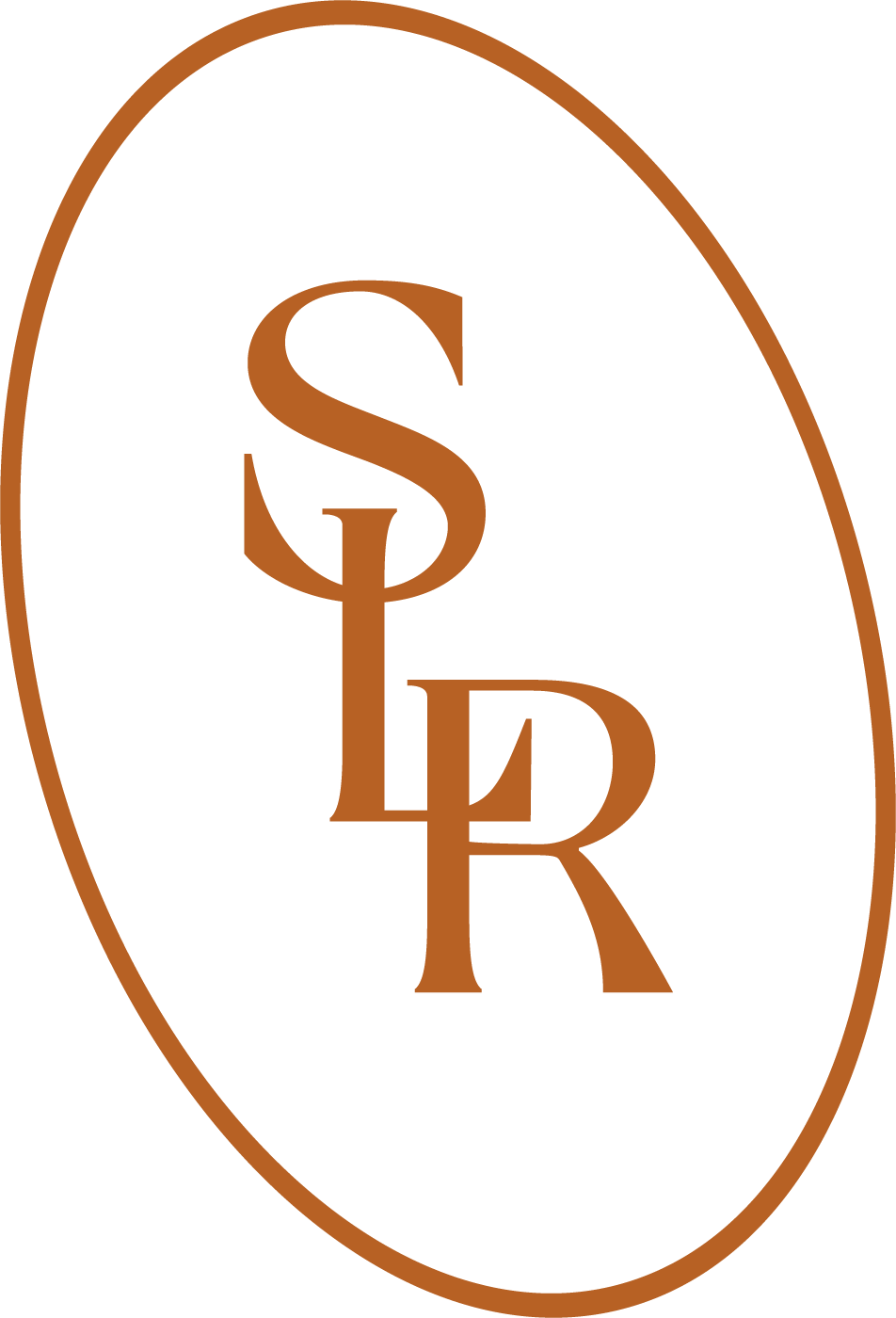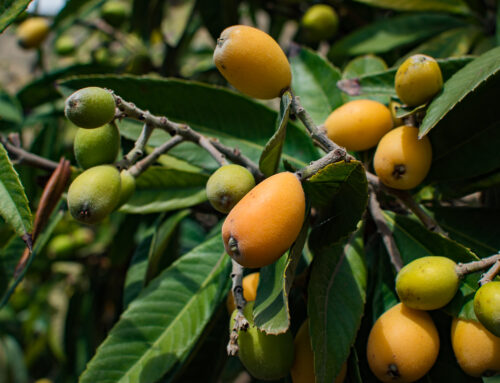What’s in a name? On Food & Blogging
This isn’t my first attempt at starting a blog. Over the years I’ve made several half-hearted tries, but there was always an excuse not to go for it. Not enough time, not enough experience, no real motivation or drive. I did, however, have a relatively good idea of the sort of content I’d like to produce – recipes that I enjoy using myself, “chef” techniques which will provide value to people in their everyday cooking, as well as the opportunity to talk about things that matter to me in the food world. The gist was there but what to name the project always eluded me.


Commonly used strategies for naming food blogs mostly involve ingredient combinations, wordplay and self-proclaimed titles. The brainstorming process was a painful one, I wasn’t ready to call the platform something generic like ‘Thyme & Honey’ or give myself a catch title like ‘Vegan Steven’ (although damn, if that was my niche, that’s got a serious ring to it!). The closest I ever got to making a decision was securing the domain name ‘hungryandfoolish.com’. I immediately thought it was a witty connection between a Steve Jobs commencement speech I had seen on youtube where he famously concludes with the phrase “Stay hungry. Stay foolish.” I quickly got over both the name as well as the idea of building a website.
Fast forward to a few years later and I felt like I had progressed enough to give this blog a proper shot. This newfound confidence didn’t make the naming process any easier. Everything I could think of was garbage. I was forcing culinary terminology and puns in failed attempts to describe what I wanted the blog to be used for. I had never done this before and truthfully I didn’t know exactly how the platform would be used and which particular niche of the food world people would appreciate reading about. All I really knew at this point is that at its vaguest, I just wanted to build a food blog and see how it evolved organically. And then it clicked.
There’s more to the name “On Food and Blogging” than the blatant collection of keywords. While this won’t be clear to many, it’s a little nod to one of the first and most influential food-related books in my collection. Reading Harold Mc Gee’s “On Food and Cooking” was for many, myself included a paradigm shift in how I thought about my cooking.
This culinary-bible didn’t provide recipes to follow, or take you step-by-step through cooking techniques, but rather, it demystified the science of what was going on when you cooked something and the reactions that were taking place. When you’re cooking an egg, for example, knowing at what temperatures the proteins in the white and yolk would start to cook greatly influences the way in which you go about cooking an egg. (Since then my breakfast scramble has never been creamier!) It also provided great information on where ingredients come from, methods of production, different varieties of each and their unique properties. It was this sort of invaluable information organized into a densely packed compendium of culinary knowledge, all written in an approachable manner for chefs and layman alike, that made it such an asset to my education. That’s the sort of value I’d like to pack into the blog.
There will be recipes of course but I want to provide so much more than that. As valuable as the perfect recipe can be, understanding your ingredients and your techniques properly will make you a better cook and free you to cook creatively. It’s these sort of skills that I want to do my best to provide in the content which I upload. There will be a little bit of food science peppered in here and there but the main focus is to provide you with easy to follow guides, tips and recipes to help you to level-up your kitchen skills that develop your ability to cook food that will impress your family and friends without taking much effort.

There was a point I accidentally came to own four separate copies of the book – the first I bought and used when I was a student in Malta, later I moved to America and furthered my studies and so I ordered a separate copy to arrive on campus (this book is huge and I had enough to pack). After our first day of initiation we were given a small collection of books for our studies and with it, came my third copy. After a few months of school, I realised I could buy the ebook version of the book. When you have an incredibly information-dense reference book, the addition of a search feature as opposed to using the appendix is a gamechanger – in comes copy number four.



